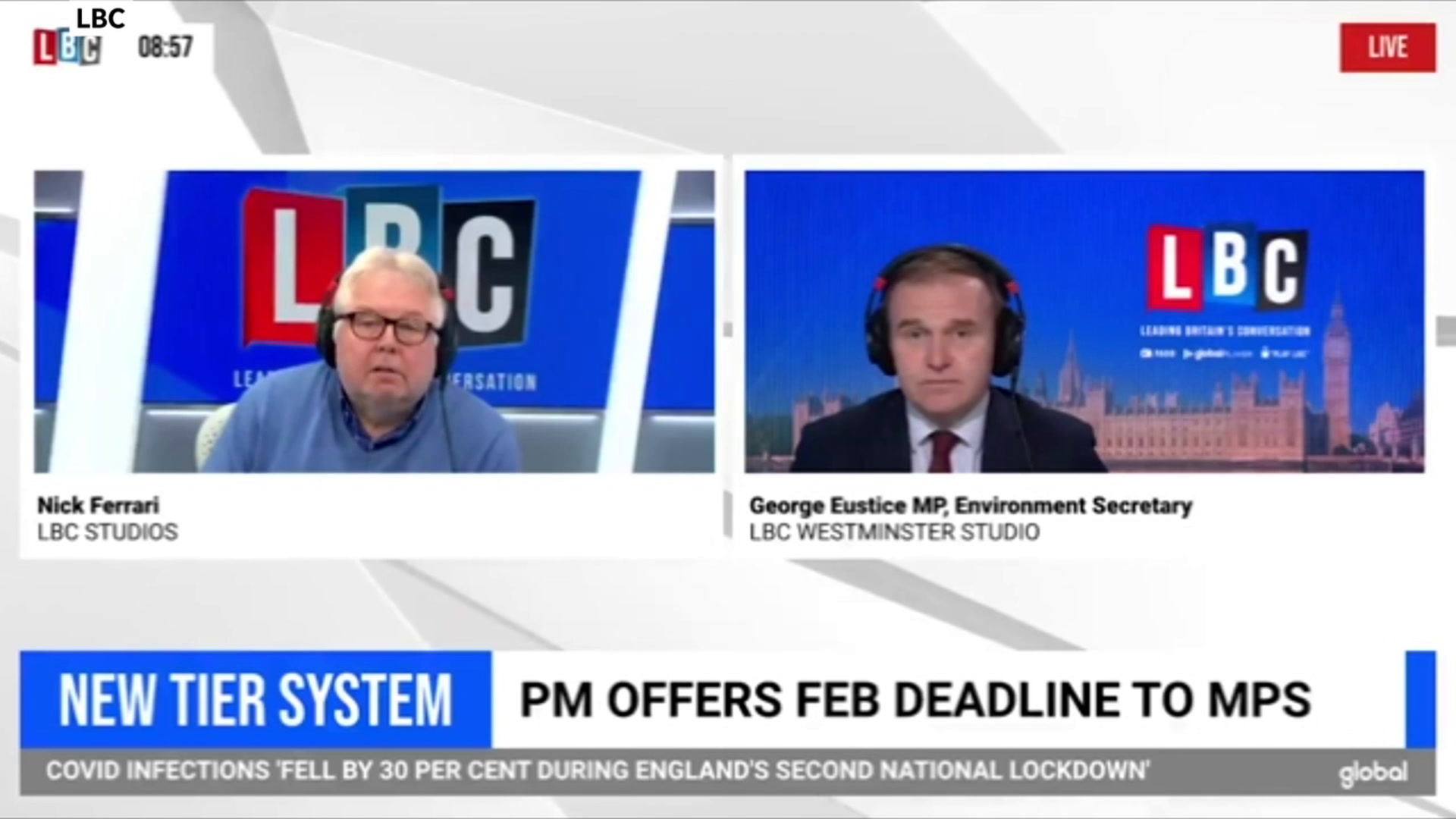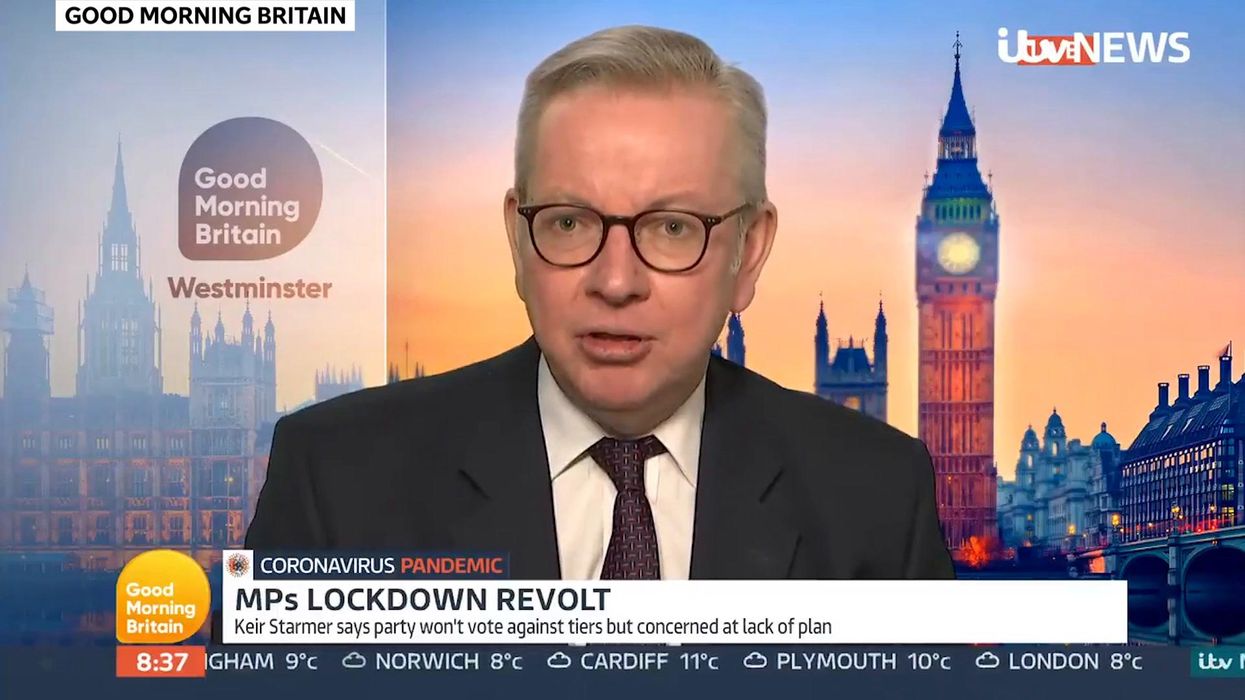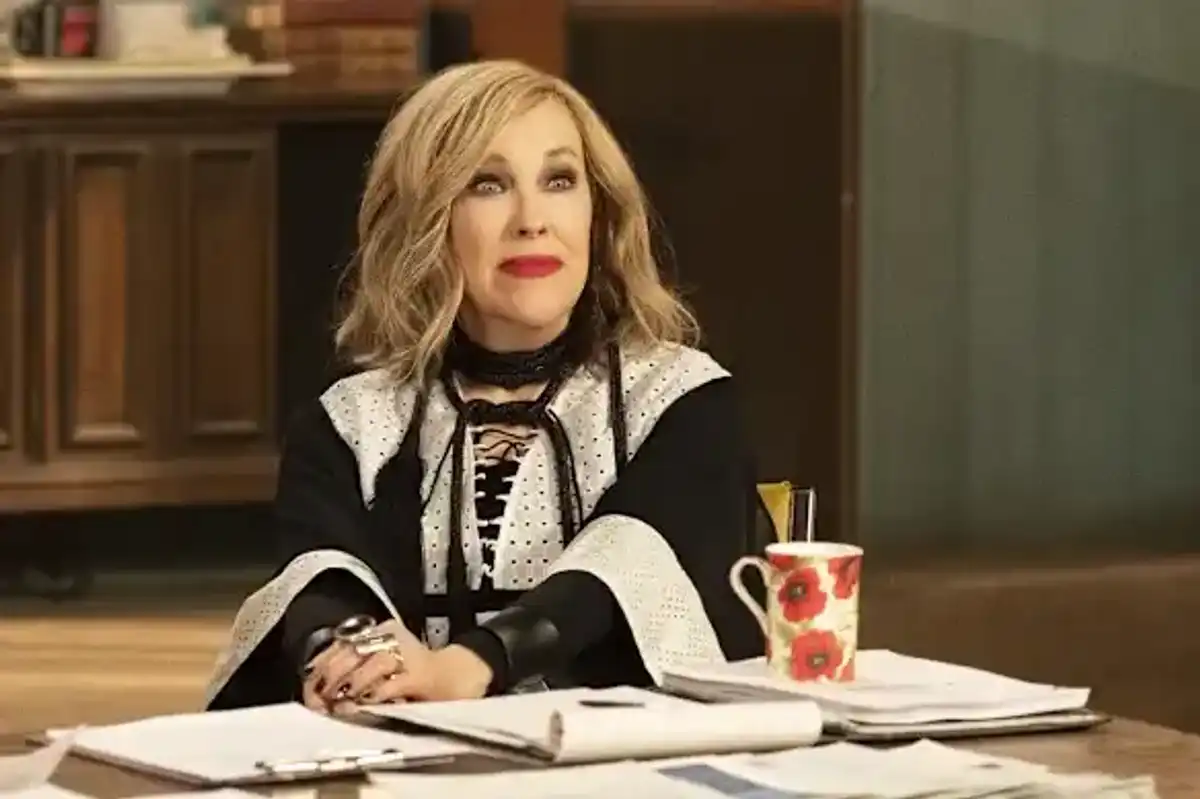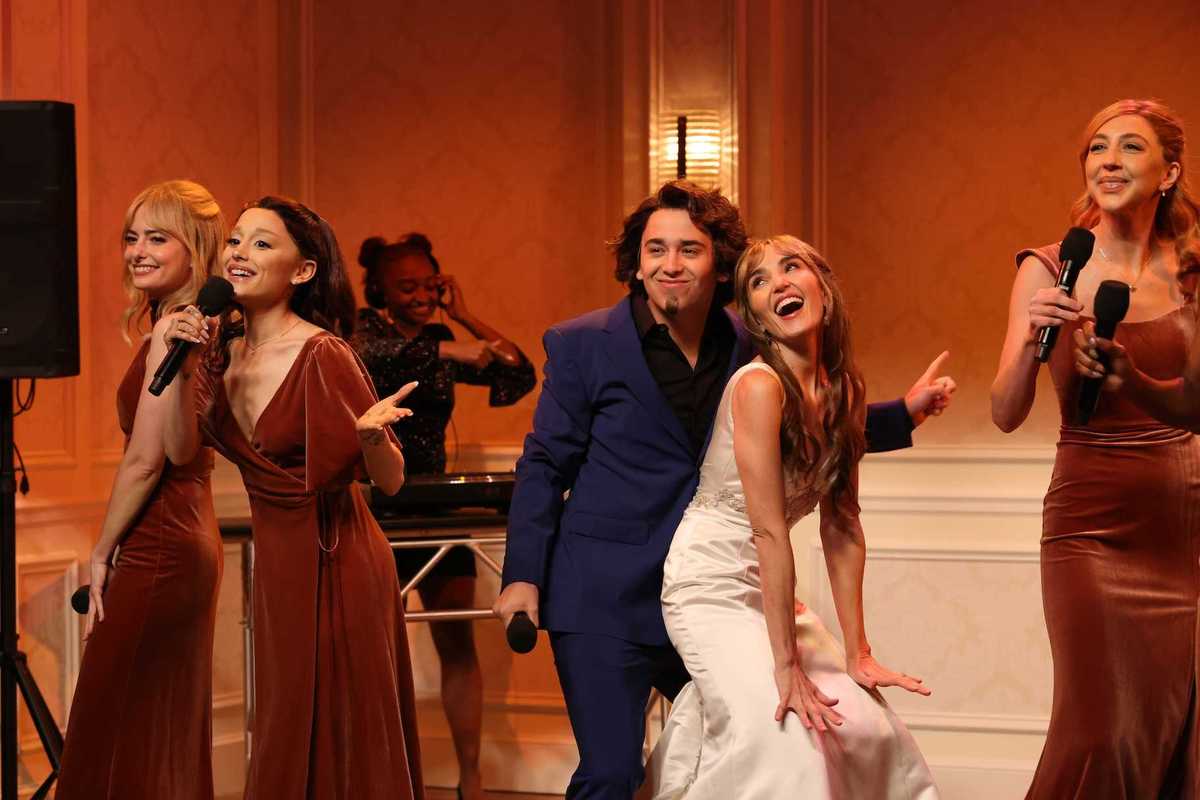Kate Plummer
Feb 05, 2022
Michael Gove fails to describe a 'substantial meal' after grilling from Piers ...
It has been an odd couple of years.
In March 2020, Boris Johnson put the country in a strict national lockdown for three weeks that turned into something more like three or four months, and since then we have moved in and out of lockdowns with different attempts to curb the virus experimented with too.
Without, of course, undermining necessary public health measures, it is fair to say some of the restrictions we have endured have been plain odd when you think about it.
Sign up to our new free Indy100 weekly newsletter
Here are five of the more surreal coronavirus rules England has faced during the pandemic.
Singing guidance
In the early stages of the pandemic, several outbreaks of Covid were linked to choir rehearsals, the government said.
So in one of the more surreal government publications, people were advised to sing at safe distances and preferably outside.
Then, when the government enacted Plan B measures in December to deal with the spread of the new Omicron variant they said people could remove mandatory indoor masks to sing.
This exemption was made for places of worship but when pressed Downing Street staff confirmed that this loophole could technically be valid in other indoor settings - like a supermarket.
In other - yes there's actually more - singing advice, to encourage people to wash their hands to prevent the spread of the virus and just promote general basic hygiene, Johnson said people should sing the 'happy birthday' song twice to ensure they are doing it for long enough.
His colleague Jacob Rees-Mogg, on the other hand, offered the National Anthem as a fitting tune.
Substantial meals

As the second national lockdown came to an end and the UK was put in fun tiers denoting how plague-ridden their particular region was, pubs in Tier 2 were closed completely unless they served "substantial meals" with alcohol.
This started a huge national debate about what constituted a "substantial meal" and the government allowed local councils to make the call.
In particular, the humble Scotch egg became the symbol of this debate, with ministers and journalists using broadcast time to opine about whether it was a meal or a snack.
Firstly, environment secretary George Eustice said it would do.
The following day his cabinet colleague Michael Gove suggested the Scotch egg could only be a starter but later on insisted: “A Scotch egg is a substantial meal. I myself would definitely scoff a couple of Scotch eggs if I had the chance, but I do recognise that it is a substantial meal.”
Then Matt Hancock weighed in, saying: “A Scotch egg that is served as a substantial meal, that is a substantial meal.”
Normal country.
10 pm curfew
In September 2020, as cases began to rise again for the second time, weeks before the country would end up opting for a second national lockdown, England decided shutting pubs, bars, and restaurants at 10pm would be the best way to deal with Covid.
The policy was ridiculed because people pointed out the idea that Covid is nocturnal and only comes out at night and can't be spread during the day at all is rather ridiculous.
But at the time, the then health secretary Matt Hancock claimed there was "direct and proximate evidence" for the positive impact of the limits on pubs and restaurants, citing a fall in alcohol-related A&E admissions late at night.
However, he conceded the curfew was a "matter of policy choice" rather than driven by scientific advice.
Essential shopping
During all national lockdowns, the government issued guidance to close "non-essential shops". To enforce this, supermarkets and other retailers that sold a mixture of items deemed essential and non-essential shut off parts of their stores selling general items so people couldn't have a browse.
The guidance from the UK government said: "Where a business has sufficiently distinct parts, and one section provides essential retail and one section provides non-essential retail, the non-essential sections should close to limit interactions between customers and the opportunity for the disease to spread.
"Sufficiently distinct sections might involve operating in separate buildings, across separate floors, a door between sections, using separate cashiers, or another clear demarcation between sections.
"For example a food shop may stay open, but a homeware section on a separate floor or separate building should close."
The guidance added that shops were not required to cordon off particular aisles, and that "a business selling a significant amount of essential retail may also continue to sell goods typically sold at non-essential retail" but seeing magazines and clothes roped while nipping out for a pint of milk was quite the sight.
Park bench rules
In the third national lockdown, when people could only go outside for limited and essential reasons like exercise, Priti Patel warned people that if they stopped on a walk and sat on a park bench, they could be moved on by the police.
Speaking on BBC Radio 4's Today Programme, she said: "Throughout this coronavirus pandemic, during the last lockdown, the police have been asking individuals why are they out and about and should they be out and about, when the message right now is stay at home."
Some people thought this was a bit much and police were also criticised during the pandemic for its implementation of other Covid rules, for instance by flying drones and taking photographs shaming people for driving to beauty spots for walks, and fining women on a walk, because the hot drinks they had constituted "a picnic".
Enjoyed this article? Then click the upvote icon at the top of the page to help it rise through the indy100 rankings and have your say in our news democracy.
Top 100
The Conversation (0)














